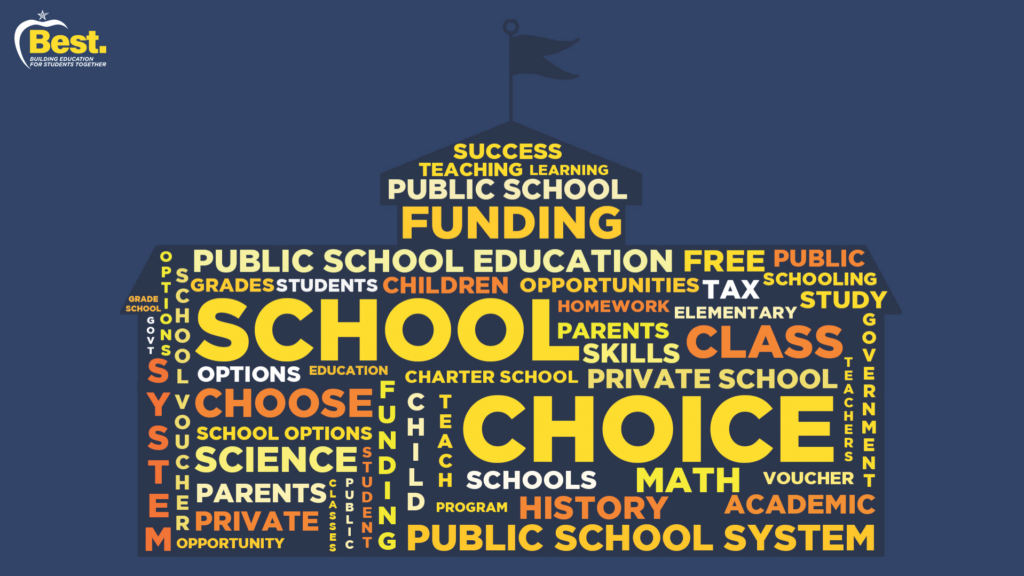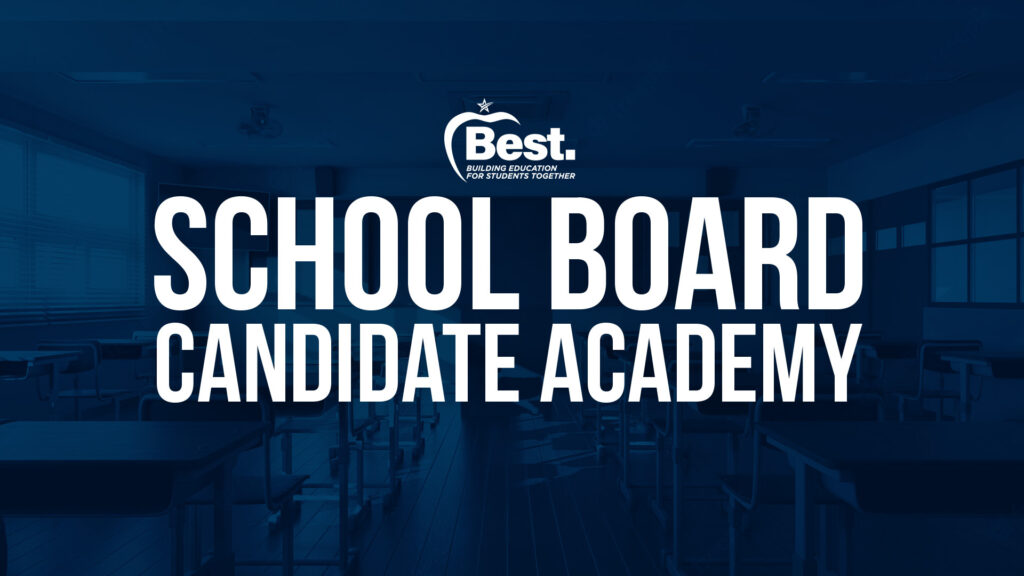No Standards Without Freedom
As published in the Wall Street Journal, December 23, 2003
When it comes to reforming K-12 education, two powerful ideas are in play: standards and freedom. High standards will lift all boats, if joined to reliable tests and tough accountability measures that reward children who learn what they should and reward schools and educators who successfully teach what they should — and that bring sanctions to bear on failure.
Freedom puts parents in the driver’s seat to decide what schools their children attend, enables them to exit bad schools for better ones, injects competitive forces and incentives into the education industry, and tames bureaucratic monopolies, ed-school cartels and other dysfunctional arrangements.
Both standards and freedom have merit. Both have been shown to work in practice and theory. Both are enormously popular with the American people (although not with many “professional” educators). But our two political parties agree on just one of them. Both espouse standards and can find common ground on testing and accountability. Thus the bipartisan base for the farthest-reaching federal education legislation in decades, the No Child Left Behind Act. While this measure is closely associated with George W. Bush, it is the descendant of Bill Clinton’s Goals 2000 plan and its passage owed much to support by Democrats Ted Kennedy in the Senate and George Miller in the House.
Messrs. Kennedy and Miller are also responsible, however, for radically restricting other Bush proposals that offered choices to parents and flexibility to states. Those sprang from the second big reform idea — freedom — which Democrats view as enemy territory. Thus No Child Left Behind is almost entirely about standards. So are state education-reform schemes that emerged from Democratic legislatures or bipartisan “consensus.”
Heading into the 2004 election, therefore, we can expect to see little or no difference between parties and candidates when it comes to standards. They will hurl charges about whether enough tax dollars are being committed to helping schools attain those standards. Democrats are now saying that Republicans are not spending enough. But that is what they always say — enough is never sufficient for them when it comes to education spending — and only a foolish Republican even enters this endless, pointless and (for the GOP) unwinnable bidding contest.
What Republicans have going for them in education is freedom, a domain that few Democrats dare to visit. Republicans have a natural advantage here. They are the party of education’s consumers, while Democrats are joined at the hip to its producers. Even those Democrats who understand that more school choice might lead to better education habitually find themselves held back by the teacher unions and their allies in the public-school and labor establishments. Yes, they will espouse charter schools and “public-school choice,” but read the fine print and you will see that the caps imposed on such schools will be tight and the constraints many. That is because Democrats view education as government’s job, to be carried out according to government rules, pay-scales and conditions, and by government employees. When they talk about school choice, they mean limited experiments with new forms of government schooling, not freedom for parents (or even educators). This is not just the unions at work. It is also basic ideology.
Republicans are not afraid of freedom. Along with limited government, it is part of their core philosophy. And, because of their business ties, they understand that most human endeavors work better when markets flourish, entrepreneurs see hope, and executives wield authority that is commensurate with their responsibility.
In education, freedom not only can co-exist with standards; it adds potent weapons to the standards arsenal. It gives children — as in Jeb Bush’s Florida and Bill Owens’s Colorado — private alternatives to failing public schools. It gives principals pursuing stronger academic results the right to hire, compensate and, when necessary, fire teachers. It empowers parents to become allies in the push for higher standards by letting them opt for different public schools, private schools, charter schools, cyber schools, home schools and a hundred other variations that are beginning to emerge. It enables would-be teachers to enter the classroom without tedious, costly detours through education schools and state certification bureaus.
What some Republicans have not yet recognized is that standards also enhance freedom. Parents can do a better job of selecting their child’s school if they have clear consumer information on how School A is performing compared with School B — not just on test scores but also on discipline, attendance, graduation, teacher turnover, etc. They’ll be better able to help their child succeed in school if they can track his progress with the help of objective data showing how he’s doing in which subjects. Similarly, a principal choosing teachers will make better informed decisions if she has access to comparable information about how much history or math or science each candidate knows.
Freedom strengthens standards. Standards enhance freedom. Republicans who see that and can explain it to voters have a natural advantage over a party whose only way to pursue standards is to demand more and bigger government.
Mr. Bennett is a former secretary of education. Mr. Finn, a former assistant secretary of education, is a senior fellow at the Hoover Institution.




